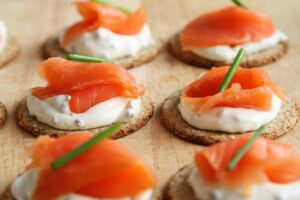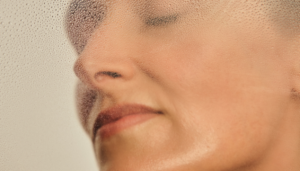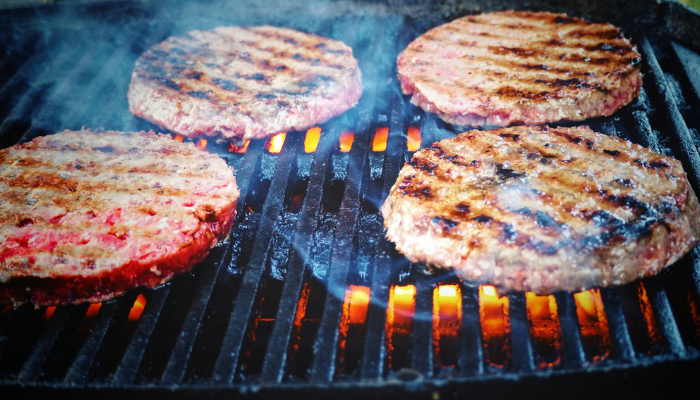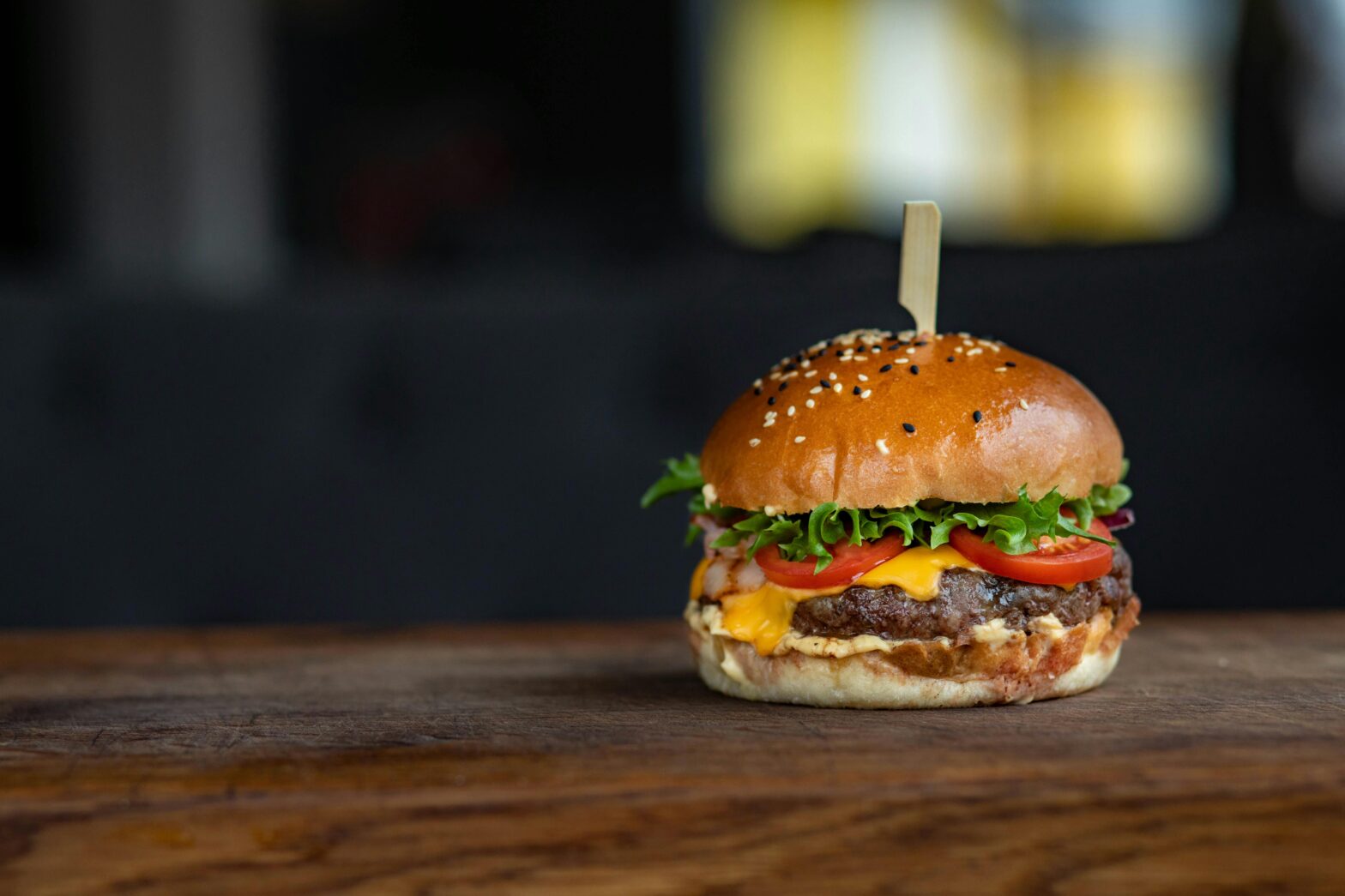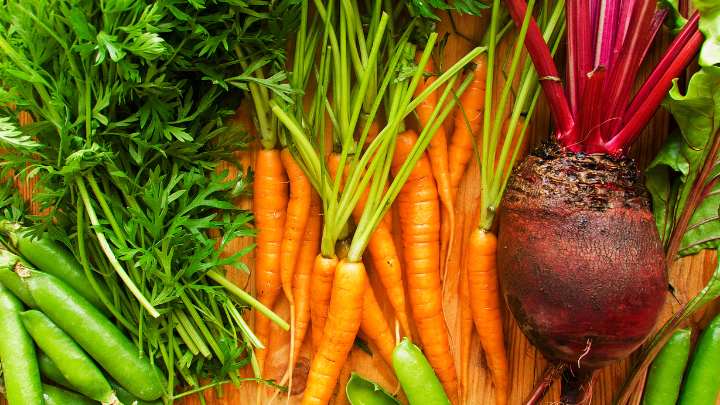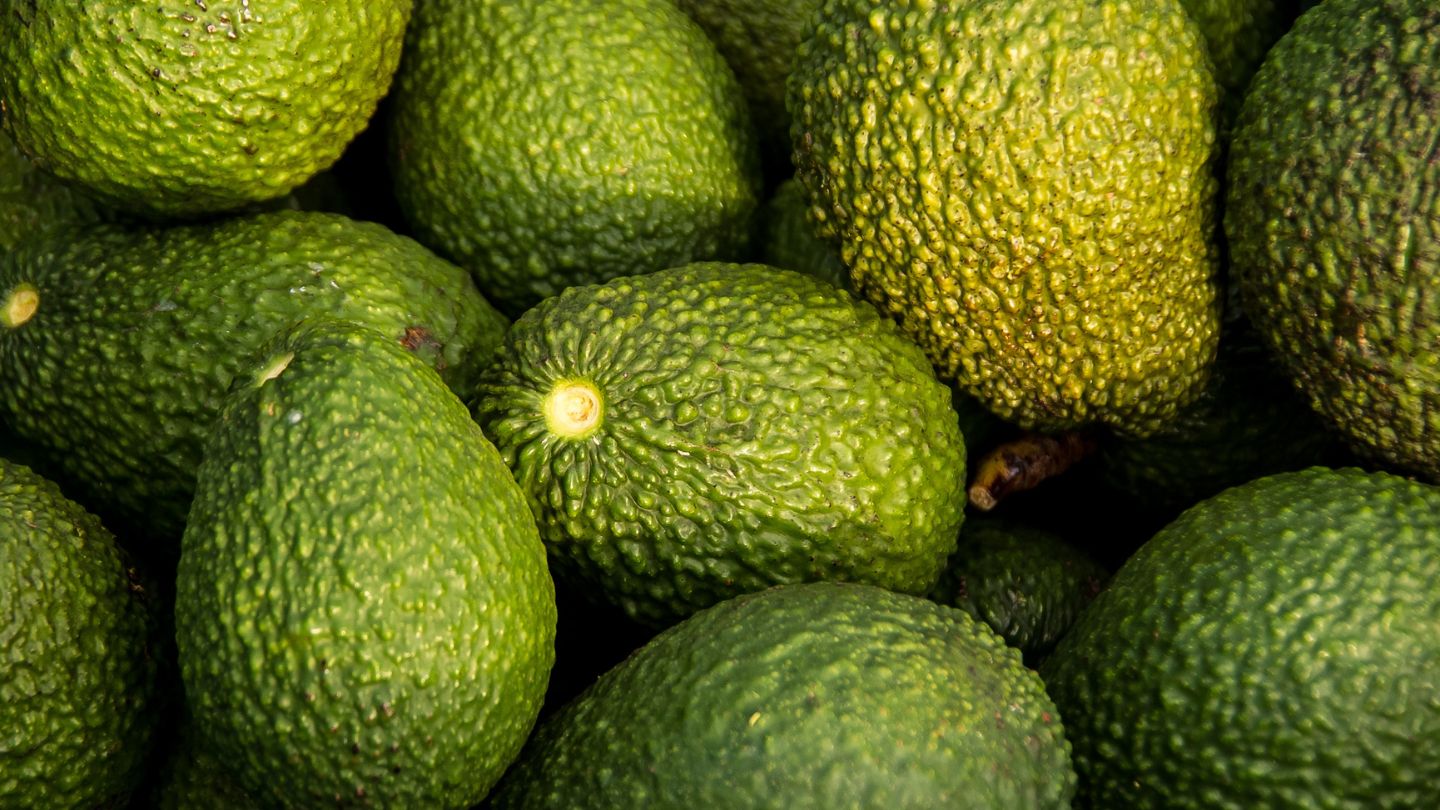There is a small, charming town called Molochio in Italy, where you could practically trip over centenarians on every corner. This is where Dr. Valter Longo grew up, living a Mediterranean dream with a diet that consisted of fresh bread, olives, and stockfish.
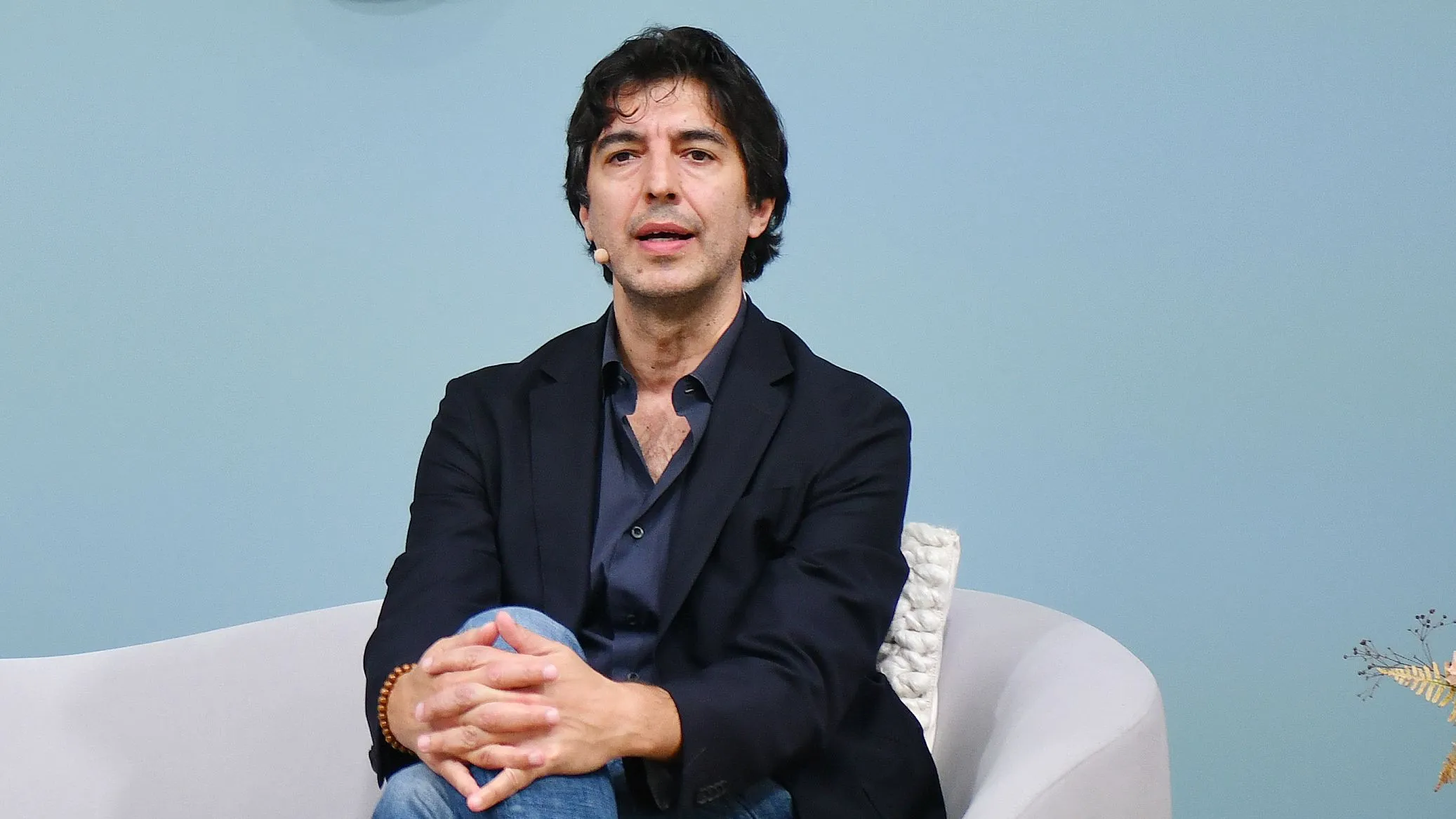
Fast-forward to his move to the U.S. where he got hit with the American heart-attack diet: bacon, pizza, and soda. Add in more meat and sugary drinks, his health journey was suddenly all over the place.
Observing people in their 30s worrying about getting old, Dr. Valter Longo’s focus switched to ageing and longevity. He wondered why some people age healthily whilst others don’t.
That’s when he decided to give up on his career as a Jazz musician, and dive into the science of ageing. Surprisingly, both turned out to be pretty alike–both need creativity, improvisation, and rule-breaking. According to him, breakthroughs come from doubt, curiosity, and persistence.
This Avea article summarises his nutrition insights from his book–The Longevity Diet, where he explores how nutrition and lifestyle can help us live longer, healthier lives.

What is ageing?
Dr. Valter Longo challenges conventional views on ageing by focusing on youthfulness rather than disease prevention.
In The Longevity Diet, he argues that ageing is a programmed process—potentially designed by evolution to prevent overpopulation. While this idea is highly debated, Longo’s research has reshaped scientific discussions on longevity.
Through studies on yeast and simple organisms, he identified genes that regulate ageing—mechanisms that likely apply to humans. His work suggests that activating longevity pathways through diet and fasting can protect and regenerate cells, slowing the ageing process itself.
Why focus on ageing instead of disease?
Longo’s research flips the traditional health narrative. Rather than targeting individual diseases, he aims to extend life while maintaining health—what he calls “dying healthy.”
Animal studies show that calorie-restricted diets extend lifespan and reduce disease. Mice on longevity diets live up to 40% longer, while calorie-restricted monkeys have significantly lower disease rates.
Human studies link excess animal protein intake to increased cancer risk in people under 65, reinforcing the need for dietary adjustments based on age and health status.
His work with centenarians, including Salvatore Caruso (110) and Emma Morano (117), supports the idea that longevity is a blend of genetics and lifestyle. Observations of “Blue Zones” like Okinawa further shape his dietary recommendations.
The 5 pillars of longevity
Dr. Longo’s Longevity Diet is built on five key research areas:
- Juventology Research: Understanding how nutrients (like proteins and sugars) influence genes that control ageing and cellular repair.
- Epidemiology: Studying populations to confirm the effects of diet on longevity.
- Clinical Trials: Testing dietary interventions like the fasting-mimicking diet (FMD), which activates longevity genes without full fasting.
- Centenarian Studies: Examining the long-term effects of specific diets on those who live the longest.
- Complex Systems Analysis: Using models to understand how nutrients maintain the body, much like tuning a machine.

8 key tips from the Longevity Diet book
1. Follow a pescetarian diet
Focus on a primarily plant-based diet (legumes, nuts), with fish as the main animal protein. Eat fish 2–3 times per week, avoiding high-mercury options like tuna and swordfish. After age 65, add more protein from fish, eggs, and white meat to maintain muscle mass.
2. Consume low, but sufficient protein
If you’re under 65, aim for 0.68 to 0.79 g of protein per kilogram of body weight—which means about 46–54 g daily for a 68 kg person.
People over 65 should slightly increase their intake to maintain muscle mass, as low-protein diets in older adults can result in weakness and muscle loss.
Discover how to build muscles in your 50s.
3. Minimise saturated fats and sugars
Reduce the intake of saturated fats from animal sources (like meat and cheese) and sugar. Instead, focus on healthy fats such as olive oil (3 tablespoons per day) and complex carbohydrates from vegetables, legumes, and whole grains.
4. Get plenty of vitamins and minerals
Eat a diet rich in vegetables, nuts, whole grains, and fish to ensure proper intake of essential nutrients. Vitamin D and B12 deficiencies are common, especially in vegans and the elderly, so supplement smart with Avea’s Essentials and Biomind.
5. Time-restricted eating
Confining meals to an 11-12 hour window each day can improve sleep and reduce the risk of cardiovascular disease. Avoid eating within 3–4 hours of bedtime to ensure better rest and lower the risk of acid reflux or poor digestion.
6. Periodic prolonged fasting
Engaging in fasting or fasting-mimicking diets periodically stimulates the body’s natural protective processes, promoting cellular repair and regeneration. This taps into ancient mechanisms designed for times of food scarcity, enhancing health without the rigours of full fasting.
7. Eat twice a day with a snack
For those looking to maintain or lose weight, eating breakfast and one major meal with a healthy snack is recommended. If you need to gain muscle mass, consume three meals and a snack.
8. Avoid ultra-low-carb diets
Carbohydrates are essential for energy, especially from sources like whole grains, legumes, and vegetables. Sustained ultra-low-carb diets may not be ideal for longevity, as whole grains and legumes provide essential fibre and nutrients.
The science behind the longevity diet
“You are what you eat.” It’s not just a cliché—what you put on your plate has the power to reprogram your body at a cellular level. Longo’s research shows that the right foods don’t just keep you healthy; they activate your body’s ability to repair, regenerate, and slow ageing itself.
Think of your body like a defence system, constantly fighting off threats—oxidative stress, bacteria, and viruses. Nutrients like proteins, healthy fats, and vitamins are the ammunition. But if you’re eating the wrong foods or lacking key nutrients, your defences weaken, cells age faster, and your risk of disease skyrockets.
One of the biggest game-changers in Longo’s approach is how he targets the TOR-S6K and PKA pathways—genes that speed up ageing when triggered by high protein and sugar intake.
Keeping protein lower in middle age slows this process, while older adults need moderate amounts to maintain muscle and prevent frailty.
His research on calorie restriction is equally compelling. Studies on mice and monkeys show that cutting calories by 30-40% extends lifespan and reduces disease risk. But let’s be real—that’s not practical for most people.
That’s where Longo’s fasting-mimicking diet (FMD) comes in. It mimics a fasting state by lowering IGF-1 and PKA activity, triggering autophagy and cellular rejuvenation—without full deprivation.





